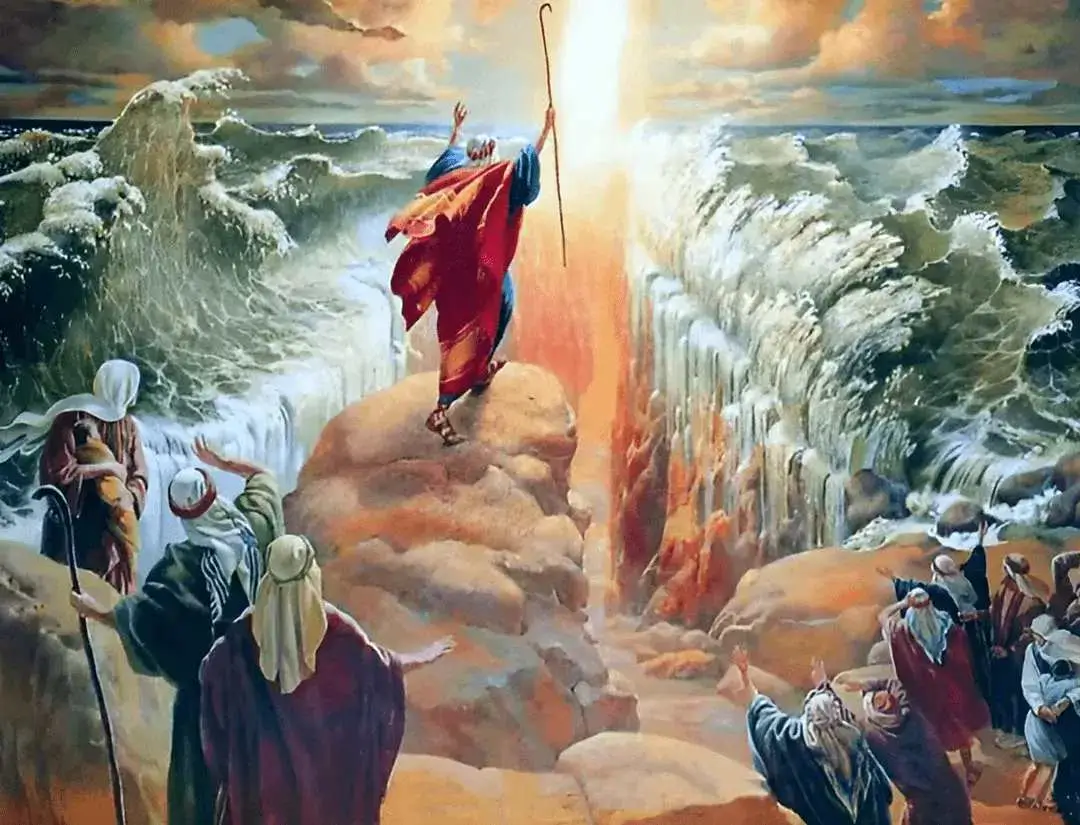Language
 Directory
Directory
Hosea
Jezreel

1. In the Book of Hosea, Jezreel is mentioned as both a person and a symbolic name representing a significant event and message from God.
2. The events in the book of Hosea take place during a time of political instability and spiritual decline in the northern kingdom of Israel. The people had turned away from God, engaging in idolatry and immoral practices. God raised up the prophet Hosea to deliver His message of warning, judgment, and eventual restoration.
3. Jezreel is first introduced as the firstborn son of the prophet Hosea and his wife, Gomer. The name "Jezreel" means "God sows" or "God scatters." Jezreel's birth serves as a symbolic representation of God's message to the nation of Israel.
4. The name "Jezreel" also carries a broader symbolic meaning beyond the individual person. It represents the judgment and punishment that God would bring upon the nation of Israel due to their rebellion and sin. The city of Jezreel itself held historical significance as a place associated with bloodshed and divine judgment.
5. As Hosea's wife, Gomer symbolizes the unfaithfulness and idolatry of the people of Israel towards God. Gomer's acts of infidelity and prostitution parallel the spiritual adultery committed by Israel through their worship of false gods and engagement in immoral practices.
6. In addition to Jezreel, Hosea and Gomer have two more children - a daughter named Lo-Ruhamah, meaning "not loved," and a son named Lo-Ammi, meaning "not my people." The names of these children serve as further symbols of God's judgment and withdrawal of His love and protection from Israel.
7. Despite the judgment pronounced upon Israel, the book of Hosea also offers a message of hope and restoration. God promises to restore and renew His covenant with Israel in the future. The names of the children are eventually changed to reflect God's mercy and reconciliation, signifying a future time when God will show His love and acceptance toward His people once again.
8. The story of Jezreel in the book of Hosea serves as a powerful metaphor for the relationship between God and Israel. It portrays the consequences of spiritual unfaithfulness, the judgment of God, and the possibility of redemption and restoration through His unfailing love.




 Previous
Previous







